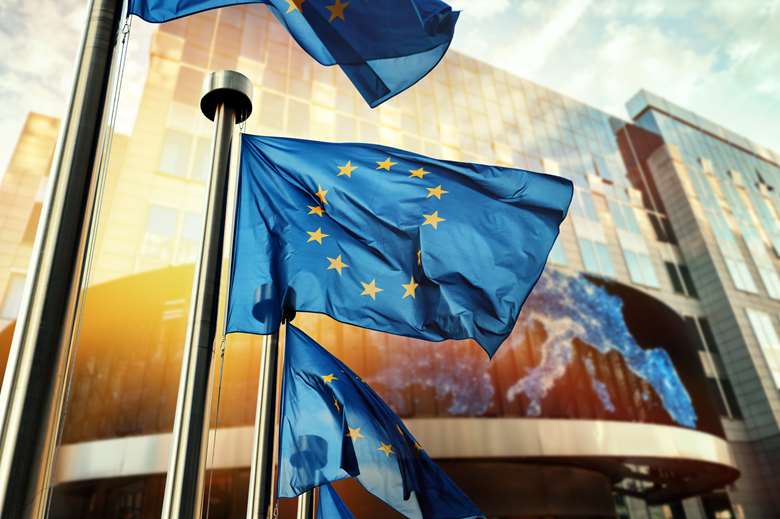UK Government position on touring musicians to be examined today
Simon Mundy
Monday, January 18, 2021
Today at around 1pm there will be an Urgent Question asking the Secretary of State for Digital, Culture, Media and Sport if he will make a statement on visa arrangements for UK musicians in the EU.

Today the government will have to answer the following question in the House of Lords. 'Lord Berkeley of Knighton to ask HMG whether an offer was made by the European Union to the United Kingdom for visa-free touring for musicians in European Union member states; and if so, why any such offer was declined.'
There is a considerable queue of peers signed up to reinforce the question. Lord Berkeley (composer Michael Berkeley) told me: 'The PM confused tourist and work visas in one reply. We are all confused since the precise negotiations have not been revealed but several of us in the Lords are clamouring for clarification.'
The question stems from the revelation in the Independent more than a week ago that the European Union had been expecting and willing to include visa and work-permit free travel for musicians and others in the arts but that the UK negotiators turned down the offer suggests that there is no interest within the main decision centres of the government.
The PM confused tourist and work visas in one reply. We are all confused since the precise negotiations have not been revealed but several of us in the Lords are clamouring for clarification
This was reinforced in an article on the Politico website on 15 January which included an interview with the EU's Chief Negotiator on the trade agreement, Michel Barnier, who is due to retire at the end of this month. He said page 354 of the EU's draft legal text, issued nine months ago, would have exempted 'sportspersons or artists performing an activity on an ad-hoc basis', along with journalists.
While ministers at DCMS spent the autumn assuring those lobbying for an exemption that they should not worry and a deal was almost certain to be done, it seems the real battle was interdepartmental. There was a decision early on that negotiators would not work sector by sector, whether it was for financial services or anybody else - except fishing. That disastrous line was maintained. It also appears that, even if the EU had granted the exemption, the British government was not prepared to reciprocate and allow EU musicians and arts professionals permit free access here.
All the assurances were merely palliative. The government instead suggested an exemption for all business travellers. Once that was rejected, inevitably, by the EU as being too broad, the government stood back and refused to support a more limited exemption. Effectively ministries like the Depts. for Business and for International Trade, which are far more powerful around the cabinet table, did not see musicians as special. The platitudes about music crossing boundaries and the importance of cultural contact turn out to be meaningless compared the real ideology of hard Brexit.
It is instructive that Jamie Njoku-Goodwin has moved recently from being Special Adviser in DCMS to Chief Executive of UK music. His love of music is not in question. However his influence on government strategy clearly is. The Royal Opera House, the BBC and UK Music now all have supporters of the current government at the helm and it might be hoped that they have some traction with the Cabinet Office. Sadly, 'the usual channels' seem to be clogged at one end.
At the moment musicians in the UK are under a more punitive regime than those of any country that the EU has trade deals with. It will be ironic if, as is predicted, the EU signs a trade deal with China, that nation's citizens have greater access to European concert halls and festivals. The Labour Party's assertion that it does not intend to honour its commitment to regain our freedom of movement risks artists from Britain being locked out of the rest of Europe for at least the next decade, with disastrous consequences for young musicians.
Now that the trade agreement is in force, though, and despite the sense of betrayal and anger, another way must be found to preserve the flow of music and ideas across the Channel in both directions. As Berkeley says, 'we also have to try and be positive with suggestions as to how we might move forward.'